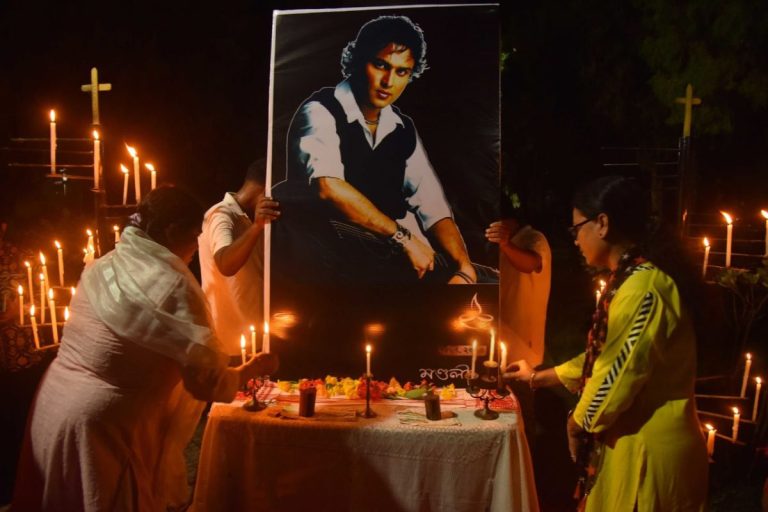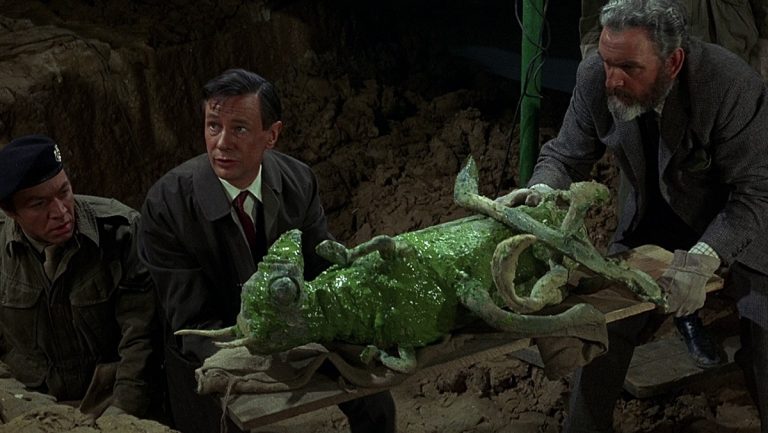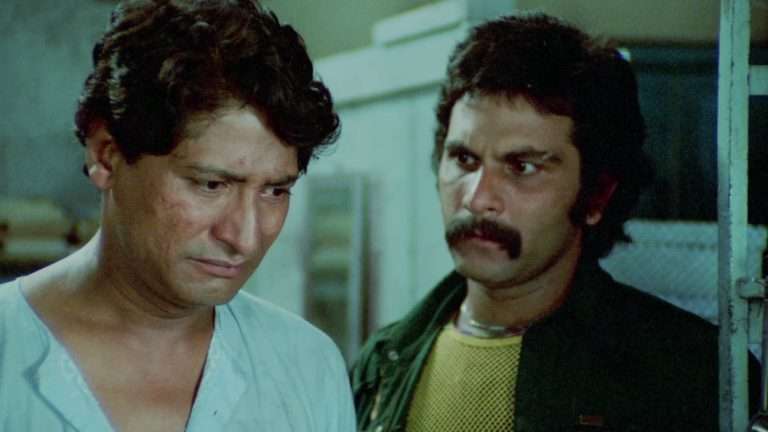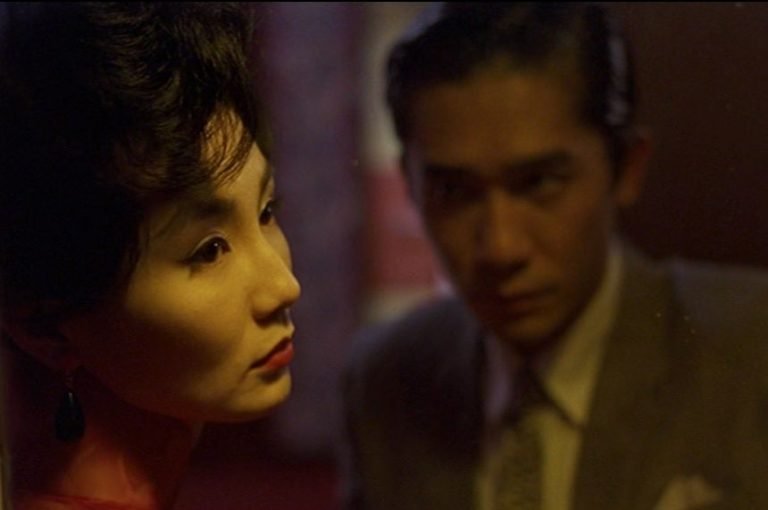Anu, an eleven-year-old girl, embarks on an extraordinary journey to find her grandmother, who, she believes, has gone to God’s house. This heart-wrenching quest lies at the core of “Shunya” (The Abyss), an independent Gujarati film by Mumbai-based filmmaker Vidar Joshi. The movie, which has recently made its way to prestigious global film festivals, including the Birmingham and London Indian Film Festival, is set against the backdrop of Gujarat’s vibrant Bhavai folk art. Anu’s story explores the delicate balance between life and death, capturing the innocence of childhood and the profound quest for understanding the finality of loss.
Joshi’s journey as a filmmaker began with a love for Bollywood films despite his initial path in engineering. “I always knew I wanted to make films,” he recalls. Dropping out to pursue a filmmaking graduation course, Joshi immersed himself in studying films and literature. This passion led to the creation of short films, music videos, and eventually, his own company, Semicolon Films. “Through my graduation, I realized my inclination towards World Cinema, and a series of life experiences led me to write ‘Shunya,’” he explains.
The inspiration for “Shunya” stemmed from a deeply personal experience. Joshi was confronted with the concept of death when he saw his grandmother’s lifeless body—this moment sparked profound questions about the meaning and relevance of a person’s life after they pass away. “My art form is my medium to explore the questions that were raised in my head,” he says. The traditional Bhavai performance he witnessed during his grandmother’s last rites resonated deeply with him, and these elements naturally found their way into the film. Bhavai, a Gujarati folk theatre that has been around for centuries, blends storytelling, music, dance, and social commentary. Performed by men in vibrant costumes, it uses humor and drama to entertain, educate, and spark conversations on social issues.
“Shunya” masterfully blends folklore and philosophical inquiry, with the relationship between Anu and her grandmother reminiscent of Khushwant Singh’s The Portrait of a Lady. The imagery of makeup and attire in Bhavai serves as a metaphor for the artifice of the real world, where everyone dons a mask to cope with life’s realities. The concept of ‘Maya’—the illusion and allure of life—is poignantly captured. “At one moment, we have everything. At another moment, we have nothing,” the Bhavai director says in the film while performing the role of Lord Krishna, encapsulating the essence of ‘Maya.’ It being the string that makes us dance the dance of life.” In this way, “Shunya” transcends the particularities of its narrative and invites viewers to contemplate the universal human experience.
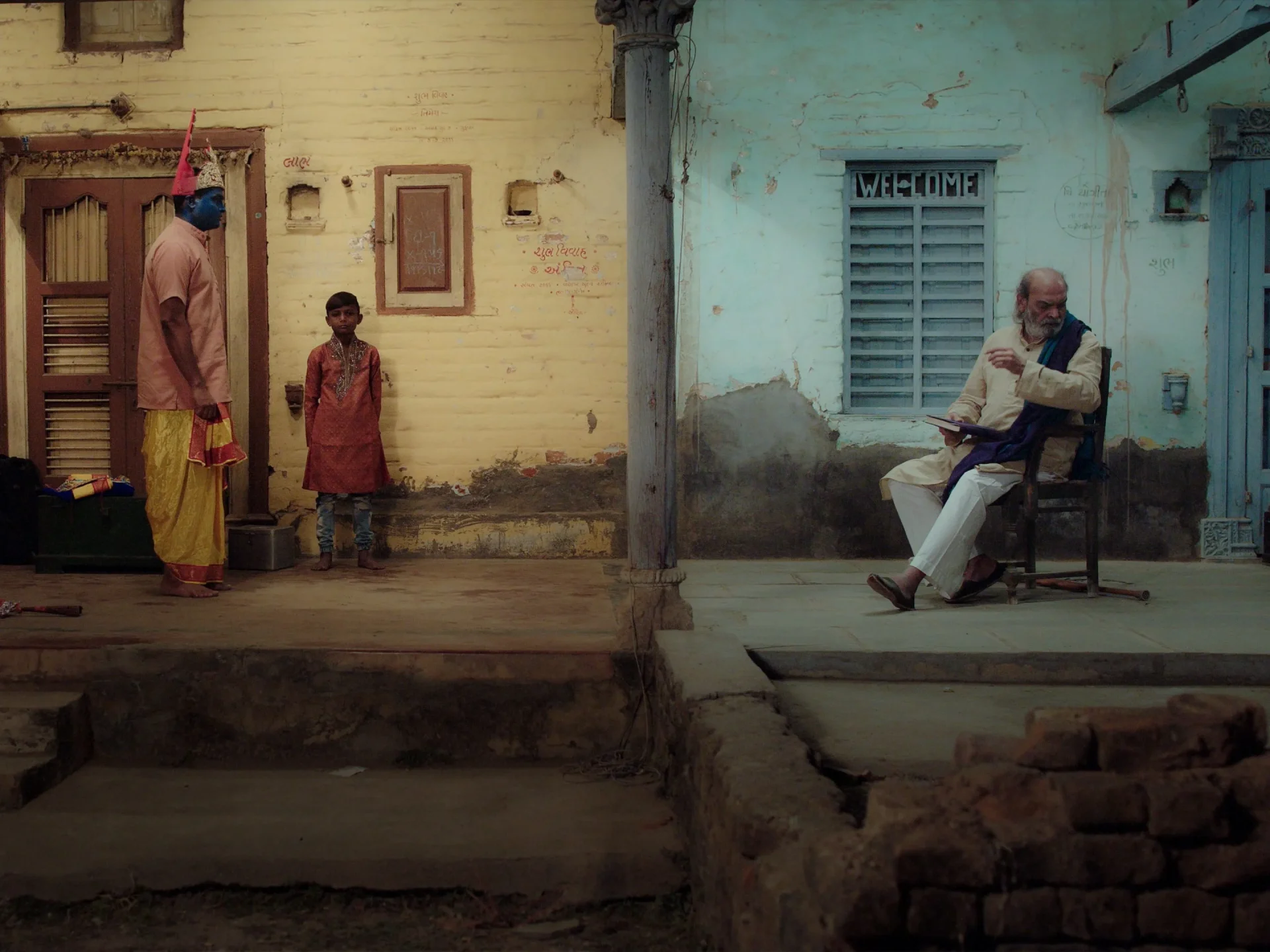
Creating “Shunya” was a challenging endeavor. “We knew this was going to be a difficult journey as the scale of the film and the resources we had were in contrast,” Joshi admits. The film was shot in just eight days, after which the COVID-19 pandemic hit, providing time for post-production. The journey was filled with financial struggles and periods of uncertainty, but the dedication of Joshi and his team never wavered. The support from individuals like Leena Yadav, who helped with post-production, was invaluable. “The process was long and filled with bleak days, but now it feels like it was all worth it,” he reflects.
Growing up in Thane, Joshi had minimal exposure to folk art, but his family’s cultural background always kept him connected to art. The Bhavai performances he witnessed in his village of Sardoi, where the film was shot, left a lasting impression. “The music and culture organically fit in the tone of the film; in fact, they elevated the narrative,” Joshi notes. ‘Shunya’ was created with resource filmmaking in mind, making the most of what was available to serve the story.
Independent filmmakers like Vidar Joshi often find themselves waging an uphill battle in the vast landscape of Indian cinema. Unlike their big-budget counterparts, they lack the safety net of established studios and the star power that guarantees box office success. Their struggles begin long before the cameras start rolling.
Joshi’s observation about the “set system” suppressing unconventional voices hits the nail on the head. Studios often play it safe, greenlighting projects that cater to established formulas and predictable themes. This can create an environment where fresh ideas and bold storytelling get sidelined. Imagine a budding filmmaker with a script exploring a complex social issue or a narrative that breaks away from the traditional song-and-dance routine. Securing funding for such a project can be an odyssey in itself. Investors, wary of recouping their investment, might shy away from anything deemed “risky” or lacking in mass appeal.
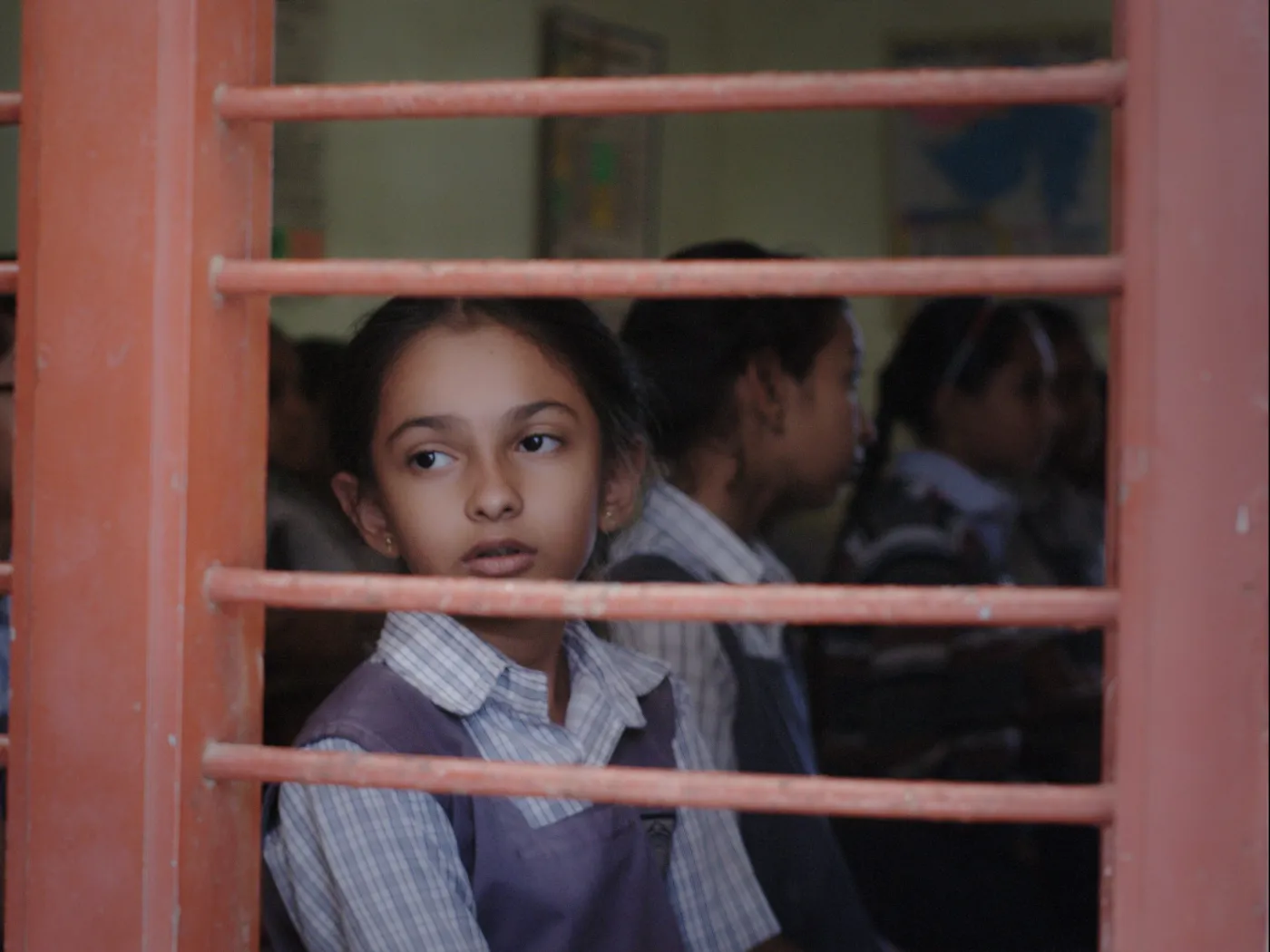
Another hurdle is the resource constraints faced by independent filmmakers. “Shunya” itself is a testament to this. Shooting the film in a mere eight days speaks volumes about the team’s resourcefulness. Then there’s Post-production, a time-consuming and often expensive stage stretched on due to financial limitations. Joshi’s comment about “a million battles to fight” perfectly encapsulates the relentless pursuit of resources and support that independent filmmakers have to navigate.
Joshi’s call for more encouragement at the ideation stage is crucial. Imagine a world where independent filmmakers have access to workshops, mentorship programs, and funding opportunities specifically designed to nurture their unique visions. “Shunya” stands as a beacon of hope, proving that powerful narratives can be born even from limited resources. It’s a testament to the unwavering passion and perseverance of independent filmmakers like Joshi, who continue to push boundaries and challenge the status quo. Their stories deserve to be heard and their struggles acknowledged, for they are the lifeblood of a truly vibrant and diverse cinematic landscape.
The selection of “Shunya” at the London Indian Film Festival marked a significant milestone. “Getting our World Premiere at London Indian Film Festival has been a treasured addition to the journey of this film,” Joshi shares. The positive response has been overwhelming, and the team plans to take the film to various festivals and distribution channels globally and within India.
Shunya’s thematic exploration aligns with Shakespeare’s “All the World’s a Stage,” suggesting that every character has a limited role to play before exiting while life continues. “Shunya” is a profound cinematic experience that invites viewers to reflect on the transient nature of life and the enduring power of love and memory. The last scene of the movie is the perfect epilogue and is definitely the star of the show.




